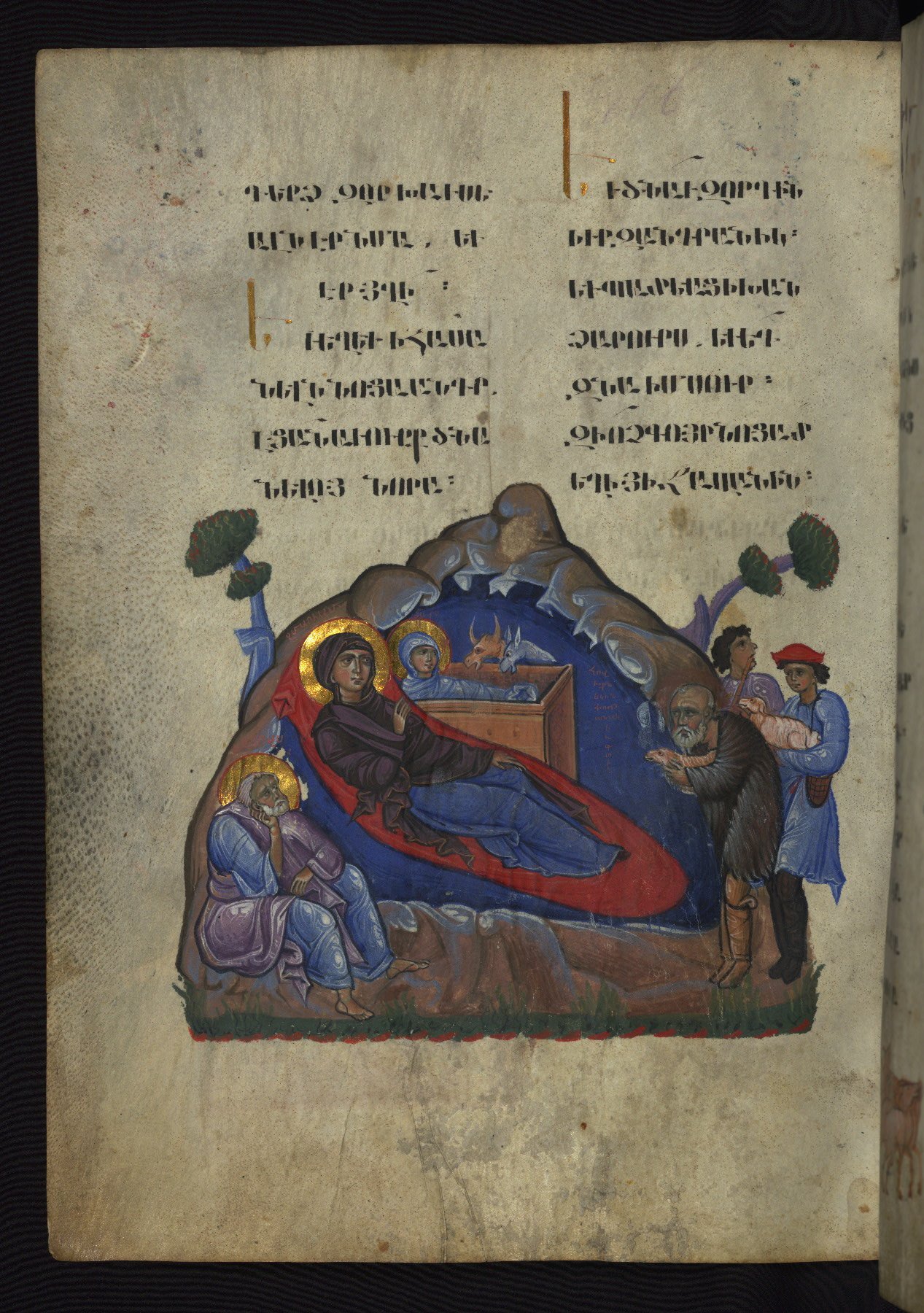
Advent is the first season of the Christian year. The word originates from the Latin word Adventus, which means coming. The season prepares Christians for Christ’s coming in the flesh and future coming in judgment.
Characteristically, we think of Advent in terms of the Christmas story. This is when we pause to look back across the centuries and remember that the Son of God, Jesus Christ, came into the world as a baby, born in the little town of Bethlehem. That is the classic and historical meaning of Advent.
At other times, we turn our focus to the future, remembering that He promised to come again, marking the culmination of history and the fulfillment of God’s purpose on earth. We refer to this as the “Second Advent” or “Second Coming of Christ.”
Today, we address the season before Christmas, which is called Advent. In Western churches this season begins on the Sunday nearest to St. Andrew’s Day (November 30). It is the first Sunday of the beginning of the Christian calendar.
The observance of the Advent season dates from the fourth century. It varied from four to seven weeks until the sixth century, when it was set in the Western church at four weeks.
In the Armenian Apostolic church this season is called Hissnag. Its duration is seven weeks and begins with the Parekentan of this season.
This holy season preceding Christmas is a season of spiritual preparation for penitence, meditation and prayer.
For every important event in life, whether it is the birth of a child, the purchase of a new home, the marriage of a daughter or a son or the prospect of retirement, people spend a lot of time preparing themselves. When we throw a party and expect guests, or plan to travel abroad, we make careful preparations ahead of time.
The season of Advent, like the prophet of old, tells us to prepare ourselves for a very important event in our life—the coming of God to earth. It is the voice that cries in the wilderness of our life, “Prepare ye the way of the Lord.”
As Christians, we often say that we want the power and presence of God in our lives. And yet, we assume that while every other important activity in life needs care and preparation, the coming of God needs none. The message of Christmas is that God offers Himself to us. We are called to get ready for Him. Through prayer, worship and holy expectation, we are called to make straight what is crooked and smooth the rough surfaces of the road that will bring the healing and the restoring grace of Christ into our hearts and lives. Then, we will have cause to celebrate Christmas.
Yes, the coming of Christ is an event that requires preparation. More than two thousand years ago, he came to the little town of Bethlehem. But for most of the people in Bethlehem that night, it was as if he did not come at all. They missed it. The same episode was repeated over and over again throughout Jesus’ life.
Others, however, were prepared to welcome him. Those who were looking forward to his coming were truly blessed.



Be the first to comment